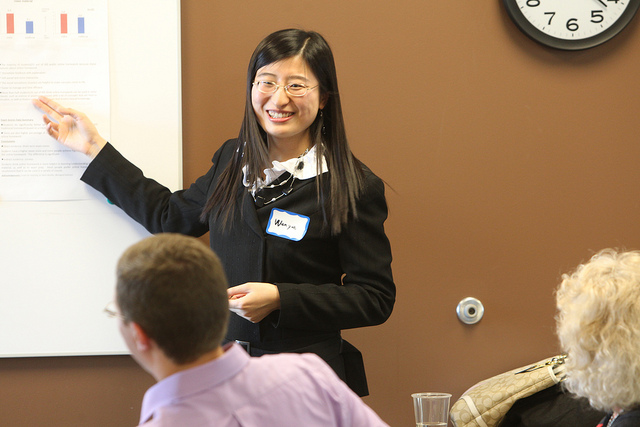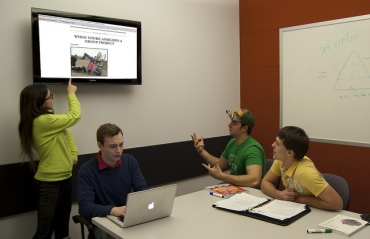How To Prevent Online Cheating

One of the issues that you may have to deal with when teaching an online class is attempting to prevent students from cheating on quizzes and exams. While complete prevention cannot be guaranteed, there are things you can do to mitigate students from cheating online.
A colleague of mine contacted me for advice because he suspected that his online students were cheating on his quizzes and exams. He noticed that a lot of the students were earning high grades on his online assessments. It was as though they had access to the answer key to his exams. My colleague wanted to know if there was an online tool that could help with the cheating problem.
(more…)





 In a previous article titled
In a previous article titled 






















